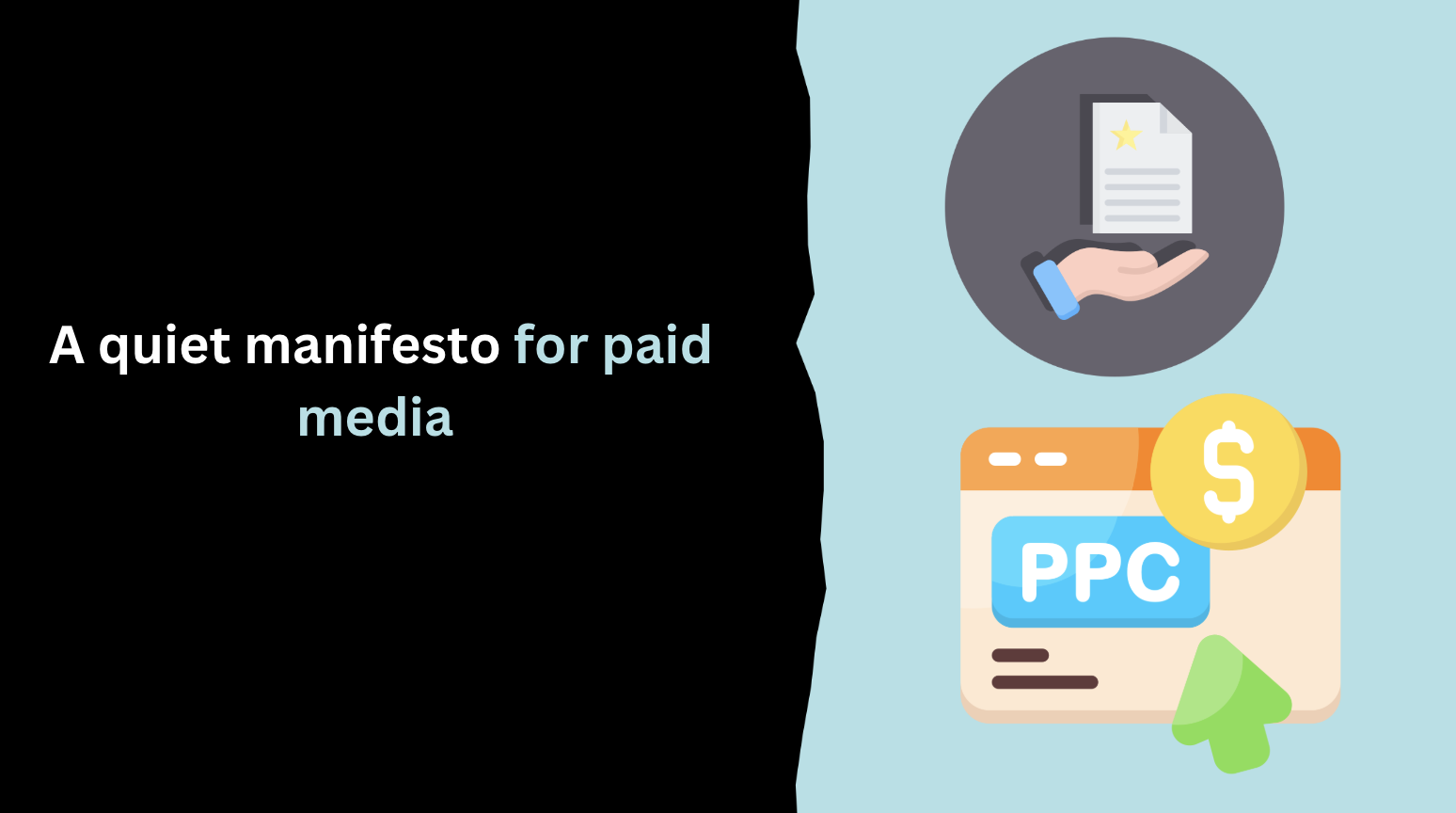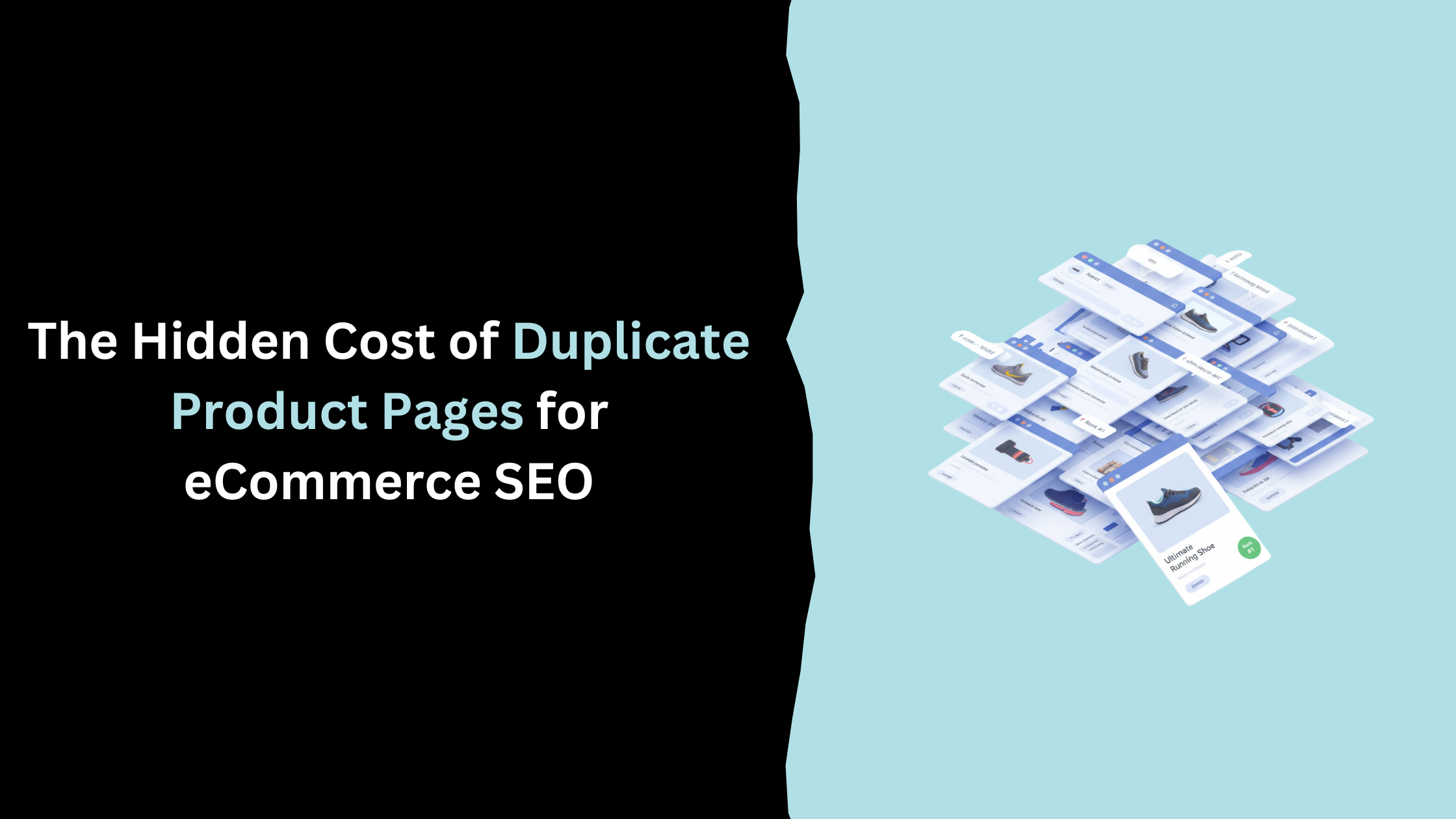Table of Contents
In the competitive digital landscape of 2025, businesses must go beyond the standard metrics to truly refine their marketing strategies. While click-through rates (CTR), conversion rates, and bounce rates are still important, they often don’t provide the nuanced insights needed to gain a competitive edge. At SearchUp, we believe that exploring less common metrics can unlock hidden opportunities for growth. Here are some overlooked but impactful metrics to consider for your paid media, SEO, and overall website performance.
Paid Media: Metrics Beyond the Surface
- Customer Lifetime Value (CLV) by Channel Instead of focusing solely on short-term return on ad spend (ROAS), consider the lifetime value of customers acquired through each paid media channel. Understanding which platforms drive high-value, long-term customers can help allocate budgets more effectively.
- Engagement Rate Per Ad Format It’s not just about clicks; analysing engagement metrics such as time spent on landing pages, video completion rates, and social shares can reveal which ad formats resonate best with your audience.
- Post-Click Conversion Analysis Tracking the user journey after they click on an ad can highlight friction points. Metrics like drop-off rates by step in the conversion funnel can guide optimisation efforts.
- Profit Per Impression (PPI) Going beyond ROAS, this metric evaluates the profit generated for each ad impression. It provides a granular view of how effectively your impressions contribute to the bottom line, enabling better ad optimisation.
- Cost Per Session (CPS) This metric measures the cost incurred for each user session initiated through paid ads. It’s particularly useful for campaigns aimed at driving site visits rather than immediate conversions, helping to balance traffic acquisition costs against session quality.
SEO: Delving Deeper into Organic Performance
- Scroll Depth Bounce rate only tells part of the story. By tracking how far users scroll down your pages, you can identify which content truly captures attention and which fails to engage.
- Keyword Opportunity Index (KOI) Move beyond traditional keyword rankings and explore KOI. This metric combines search volume, competition level, and your current ranking to identify high-potential keywords that can deliver significant traffic gains with minimal effort.
- Link Authority Growth Rate Instead of simply counting backlinks, monitor how quickly your link authority is growing. A consistent growth rate signals a healthy SEO strategy and helps you assess the impact of link-building campaigns over time.
Website Performance: Metrics That Matter
- First Input Delay (FID) As part of Google’s Core Web Vitals, FID measures the time from when a user first interacts with your site (e.g., clicking a button) to when the browser responds. This is crucial for ensuring a smooth user experience, particularly for interactive pages.
- Exit Rate by Device While overall exit rates are commonly tracked, breaking this down by device type can reveal usability issues. For instance, a high exit rate on mobile may indicate poor optimisation for smaller screens.
- Form Abandonment Rate Many businesses track form submissions but fail to analyse abandonment rates. By identifying where users drop off in the form-filling process, you can simplify fields and improve conversions.
Why This Approach is Important: a SearchUp Case Study
Working currently with a SaaS client has highlighted the importance of focusing on less common metrics, especially when dealing with long and complex sales cycles. In this case, attributing clicks directly to leads has proven challenging due to the extended path to conversion. With multiple touchpoints and a significant emphasis on awareness, traditional metrics like ROAS or simple lead attribution fail to capture the full picture.
Instead, we’ve shifted to evaluating micro-conversions to gauge campaign effectiveness. Metrics such as Cost Per Engaged Session and Time on Informational Landing Pages have become pivotal. These insights allow us to assess how effectively paid media efforts are driving good value engagement with high-value content, even if conversions occur much later in the sales funnel. By focusing on these micro-metrics, we’ve been able to make data-driven adjustments to campaigns, ensuring that awareness-building activities lay a strong foundation for future conversions.
This approach underscores the value of looking beyond the obvious. By embracing a broader set of metrics, businesses can adapt to the unique challenges of their sales cycles, ensuring that every pound spent contributes meaningfully to their goals.
Putting It All Together
To effectively leverage these metrics, businesses need robust tracking systems and a commitment to data-driven decision-making. Tools like Google Analytics 4, heat mapping software, and CRM platforms can provide the granular insights necessary to measure these advanced metrics.
The digital landscape in 2025 demands more than just the basics. By focusing on these less common metrics, your business can uncover hidden insights, refine strategies, and drive sustainable growth. At SearchUp, we’re here to help you navigate this complex terrain and achieve measurable success. Let’s talk about how we can take your marketing performance to the next level.
Get in touch today
complete the form below for an informal chat about your business






.png)
